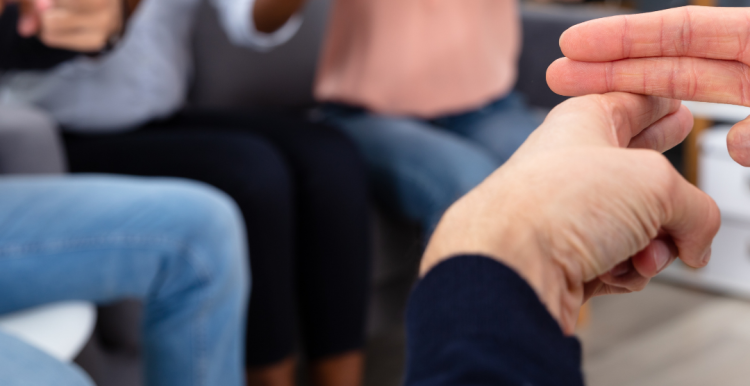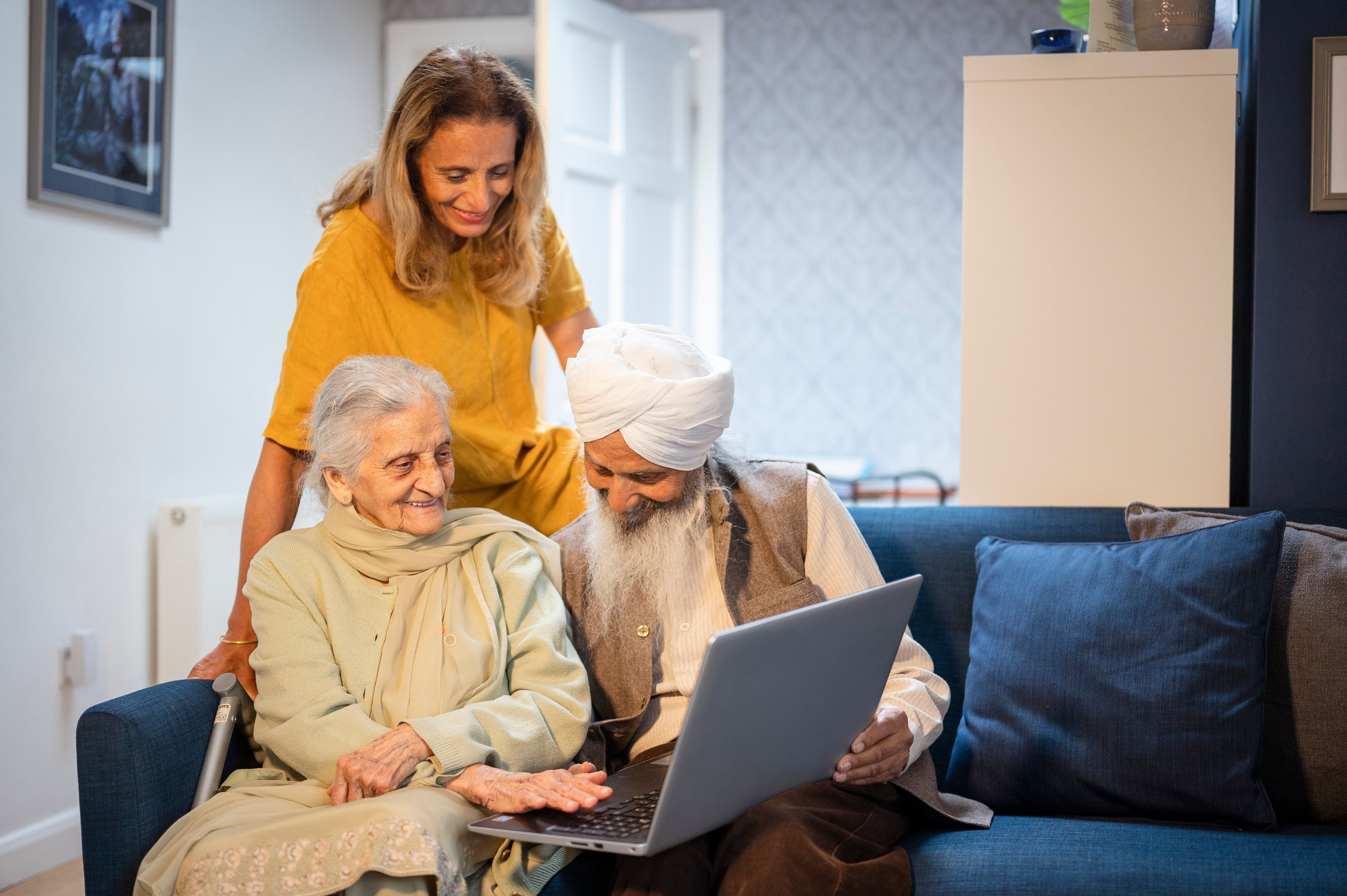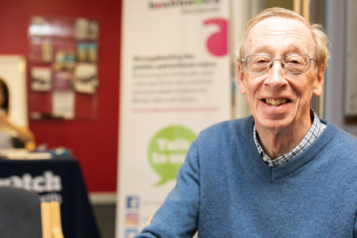Making GP practices deaf-friendly

Improving accessibility
12 million people are affected by hearing loss across the UK, and this number is estimated to rise to 15.6 million by 2035.
"I don’t always hear my name being called…because of space or background noise I can’t always hear what is being said."
Anon
People who have hearing loss or are deaf came forward to explain the difficulties they faced using their GP services. There were barriers at all stages, such as booking appointments and attending consultations – in person, over the phone, or online. Healthwatch Norfolk also heard a similar story from NHS leaders, which is why they wanted to help GPs improve support.
Their research demonstrated that hearing-impaired people encounter barriers when booking appointments, attending consultations and receiving continued care, in person, over the phone or online.

Seven points to create a deaf-friendly GP practice
"My own GP found it difficult as she could not slow down or face me when talking."
Anon
Using guidance developed by the Royal College of General Practitioners (RCGP) and Royal National Institute for Deaf People (RNID), Healthwatch Norfolk created a Hearing Loss and Deaf Awareness charter fit for use by GP’s in Norfolk.
The seven points of the charter focus on areas that GP practices should recognise and address to support their deaf and hearing-impaired patients and qualify as a Hearing Loss and Deaf Friendly Practice. These include improved hearing loss awareness training for staff to ensure that hearing-impaired patients' communication and information needs are identified and noted in their patient records.

The charter also encourages GP practices to pilot digital technologies such as portable induction loops, vibrating pagers and digital screens to improve communication between patients and practice teams. And will also equip GP practice teams with the skills and knowledge needed to support the mental health of hearing-impaired patients.
"Hearing loss can cause challenges in a patient’s social and personal life, relationships and mental health…which can result in feelings of loneliness, emotional distress and depression."
Alex Stewart, chief executive of Healthwatch Norfolk
Improving people’s experiences
By providing Hearing loss awareness training to staff, improving the ways hearing-impaired people contact and communicate with their GP practices and creating understanding around the impact hearing loss can have on a person’s mental health, Healthwatch Norfolk and Norfolk and Waveney Clinical Commissioning Group (CCG) hope to vastly improve patient experiences, empowering deaf people and those affected by hearing loss to seek out the care they need.
Healthwatch Bath and North East Somerset urges GP practices to sign up to the charter and put the seven points in place. Helping to ensure their practices are Hearing Loss and Deaf Friendly.
You can view Norfolk's report here: Hearing loss and deaf-friendly practice charter
Need more support?
If you are deaf, living with hearing loss, believe that you are losing your hearing or want to support someone who is hearing impaired, you can check out these useful resources.


